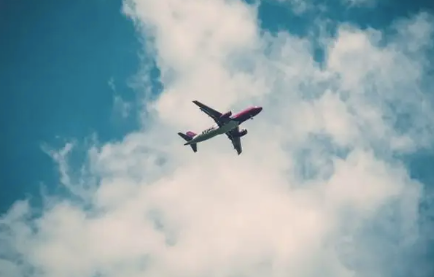In a move that has sparked national and international debate, the United States Department of State has issued a Level 2 advisory for India, cautioning citizens to “exercise increased caution” due to risks related to crime and terrorism, A particular concern in the advisory is the safety of solo women travellers who have been strongly advised against traveling alone in India.
The advisory was updated on June 21, 2025, which highlights rising incidents. Violent crimes, including sexual assault, are particularly prevalent in tourist hotspots and urban areas. “Rape is one of the fastest-growing crimes in India,” the advisory states.
The U.S. government warned that terrorist attacks could occur without warning, targeting busy public spaces like transportation hubs, markets, hotels, and government buildings. A significant detail in the updated advisory is the geographical specificity. The U.S. warned travelers that its embassy’s emergency services may be limited and remote areas, especially across a corridor stretching from eastern Maharashtra to northern Andhra Pradesh and western West Bengal. These regions are historically known for Maoist or Naxalite activity, which are marked as high-risk zones.
The advisory lists Jammu and Kashmir and areas near the India-Pakistan border as no-go zones due to the threat of terrorism and insurgency. Travel to Manipur is strongly discouraged due to recent ethnic violence, while travelers are advised to reconsider plans to visit other northeastern states.
A direct message to women travelers was sent, the advisory emphasizes: “Do not travel alone, especially if you are a woman.” The statement has ignited a wave of reactions across India.
From politicians to tourism industry leaders, many have criticized the advisory for being “unbalanced” and “damaging” to India’s image.
Odisha’s government, one of the states flagged in the warning for Maoist activity, has expressed sharp disapproval, calling the advisory “outdated and misleading.” Political parties in Jharkhand and Chhattisgarh have echoed similar sentiments, claiming that the regions have seen significant improvement in law and order over the past decade.
Meanwhile, former Chhattisgarh Deputy Chief Minister T.S. Singh Deo questioned Union Home Minister Amit Shah, asking how the U.S. could raise red flags over women’s safety under a government that boasts of strong governance. Northeast India-based organizations have also termed the advisory “utterly irrational,” stating that the region is safe and thriving with tourism.
While the Level-2 advisory does not prohibit travel, it serves as a strong signal to American citizens that India, despite its many advancements, still poses challenges related to safety and infrastructure—especially for solo female travelers. This development may also have ripple effects on India’s booming tourism sector and its strategic ties with the United States.
As India prepares to host global summits and continues to market itself as a global investment hub, such advisories could prove diplomatically sensitive. Both countries are now walking a fine line—balancing genuine security concerns with the need to maintain strong bilateral relations and public perception.
Keep Reading Questiqa US for more news.







Average Rating